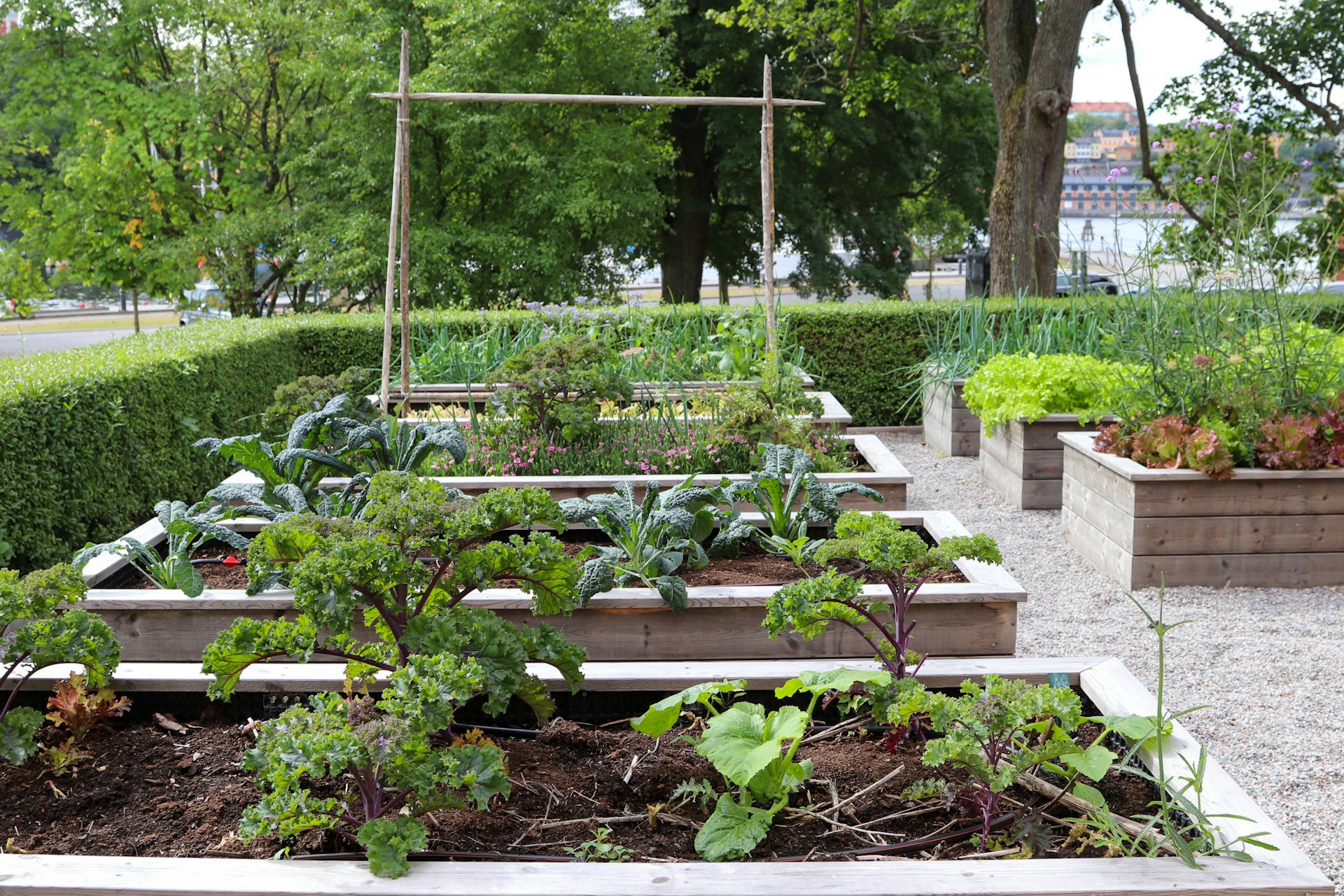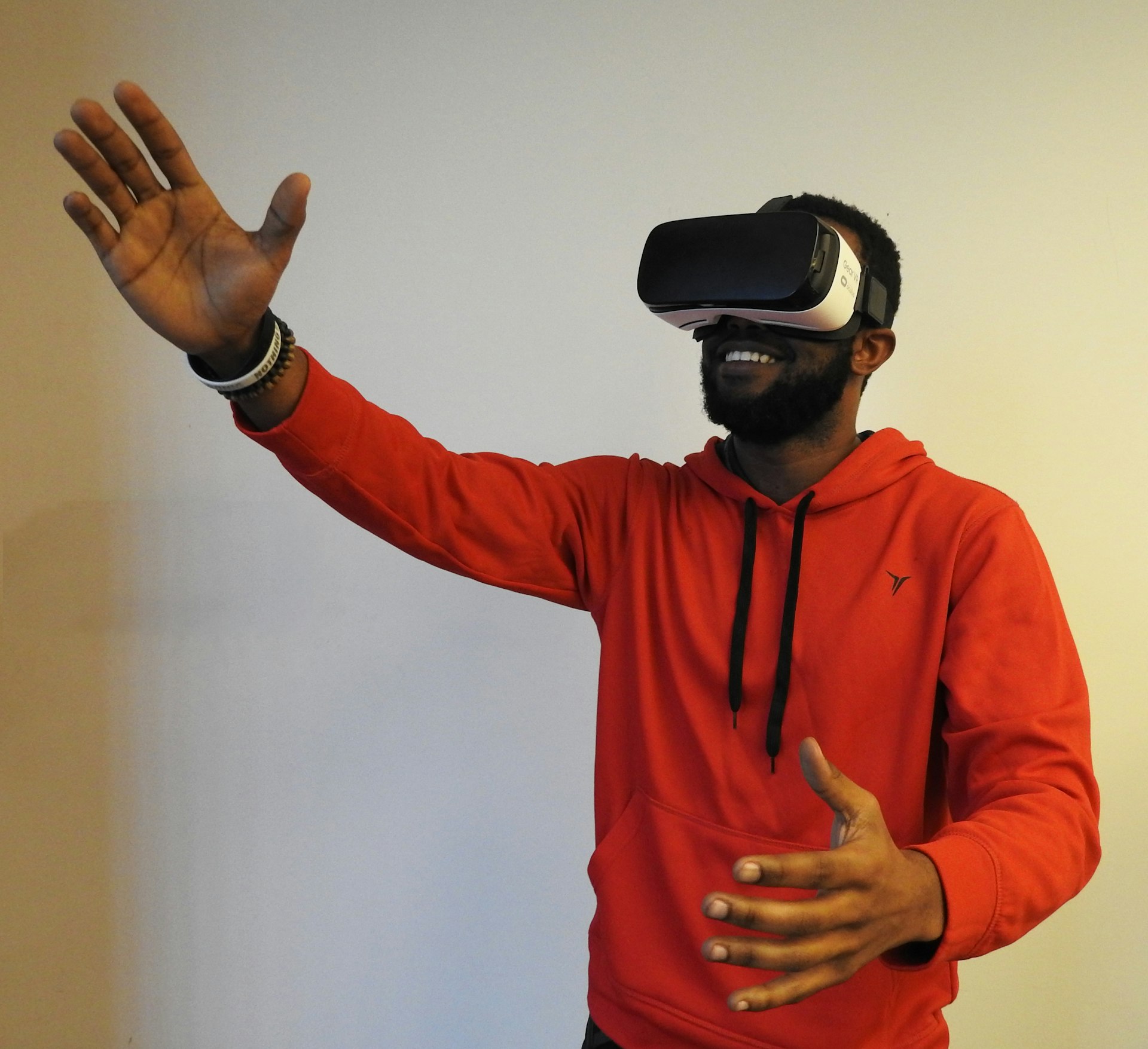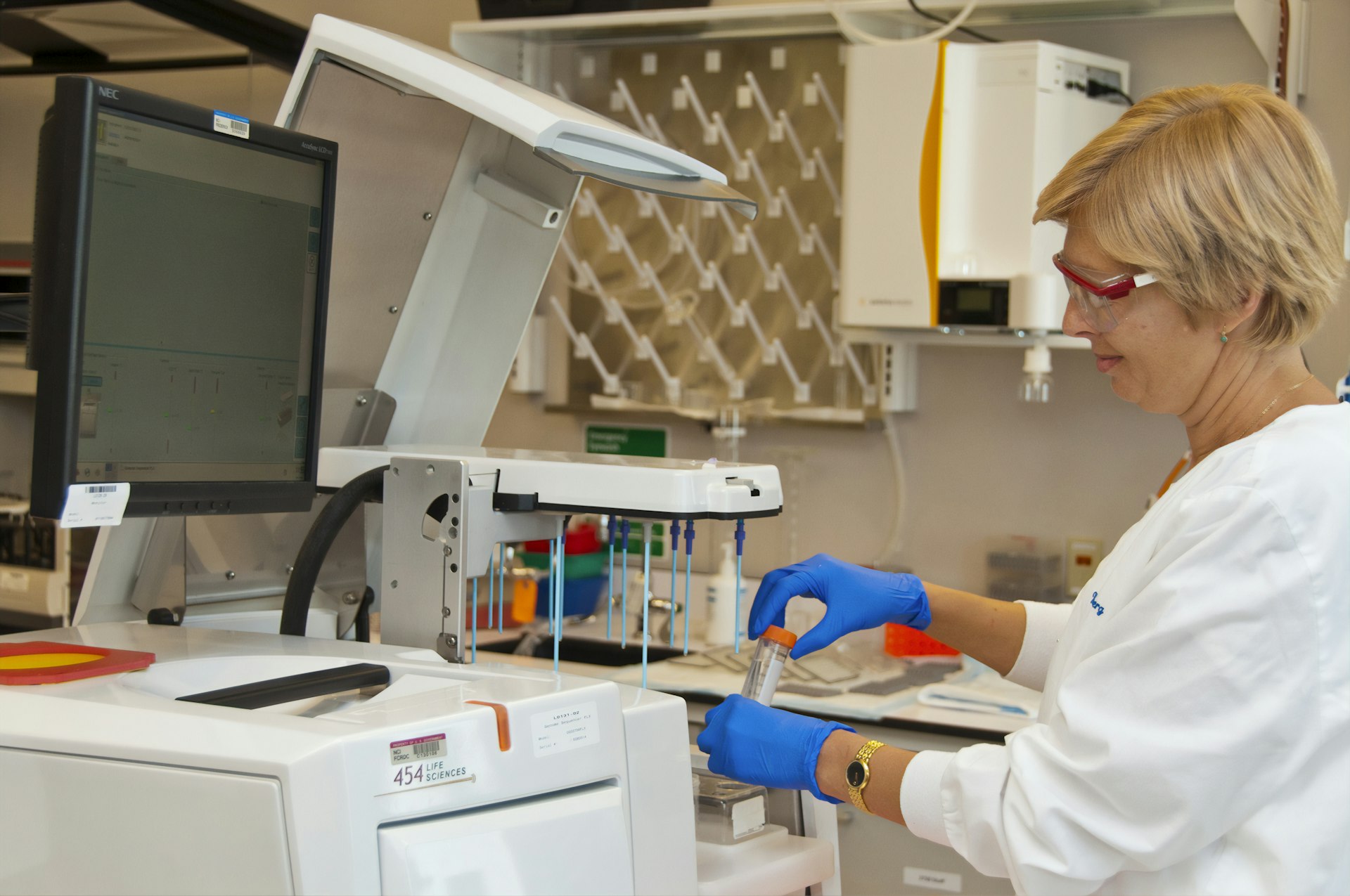Harnessing the Power of Food as Medicine: A Practical Guide to Integrative Nutrition

Photo by Filipp Romanovski on Unsplash
Understanding the Food as Medicine Philosophy
The philosophy of food as medicine is rooted in the belief that what we eat has a profound impact on our health, both in the prevention and management of disease. This approach is not new; it dates back thousands of years to the teachings of Hippocrates, who famously said, “Let food be thy medicine and medicine be thy food” [2] . Today, the concept is experiencing a revival as modern research increasingly validates the connection between diet and well-being [1] .
Historical and Cultural Roots
Ancient civilizations, including Eastern medical systems, recognized food’s healing properties. In the late 20th century, the food as medicine movement grew in the U.S. as grassroots organizations provided nutritious food to people living with serious illnesses, like HIV/AIDS, expanding later to address chronic diseases [3] . This perspective remains central to many holistic and integrative health practices around the world.
The Science Behind Food as Medicine
Modern nutritional science has deepened our understanding of how dietary choices influence metabolic processes, inflammation, and the microbiome-the community of beneficial bacteria in our gut. Research now shows that strategic dietary changes can help manage, or even reverse, conditions such as diabetes, heart disease, and obesity [4] . For example, studies have observed that providing healthier diets to seriously ill patients can dramatically improve outcomes and reduce healthcare costs [3] .
Nutrition is now recognized as a key pillar of preventive medicine, with some interventions proving to be as effective as medications, especially in early-stage disease management [1] . This movement is also gaining traction among policymakers and public health leaders, as chronic diseases related to poor diet continue to drive up healthcare spending.
Core Principles of Food as Medicine
- Diet as Prevention: Consuming a diet rich in whole, minimally processed foods-such as fruits, vegetables, whole grains, nuts, and lean proteins-can lower the risk of chronic diseases.
- Diet as Therapy: For those already living with illness, tailored nutrition plans can help manage symptoms, reduce side effects of treatment, and improve quality of life.
- Personalization: There is no one-size-fits-all approach. The most effective strategies are individualized, taking into account a person’s unique health status, preferences, and cultural context.
Examples of Food as Medicine in Practice
Organizations and healthcare systems have begun implementing the food as medicine philosophy through practical programs. For instance, some hospitals and community groups offer medically tailored meals to patients recovering from surgery or living with chronic illness. These meals are designed by nutritionists to meet specific health needs and have been shown to reduce hospital readmissions [1] .

Photo by Antonio Conti on Unsplash
At The Center for Discovery, nutritionists, chefs, and farmers collaborate to provide plant-based, minimally processed meals, homemade snacks with functional ingredients, and fermented foods, all of which support digestive health and overall wellness. Their approach has led to a measurable reduction in the need for commercial nutritional supplements and pharmaceutical interventions for issues like constipation [5] .
Case Study: Addressing Diabetes Through Diet
In one program, individuals with Type 2 diabetes participated in cooking classes focused on preparing plant-based meals and learned to track their carbohydrate intake. Over several months, many reported improved blood sugar control and reduced reliance on medications, illustrating the power of dietary intervention [2] .
Implementing Food as Medicine in Daily Life
If you are interested in applying the food as medicine philosophy, start with these steps:
- Assess Your Current Diet: Keep a food diary for one week. Note your intake of whole foods versus processed items.
- Set Clear Goals: Focus on one or two changes, such as increasing your vegetable intake or swapping refined grains for whole grains.
- Seek Professional Guidance: Registered dietitians and nutritionists can provide personalized advice. You can look for credentialed professionals through hospital networks, local clinics, or the Academy of Nutrition and Dietetics. Use search terms like “find a registered dietitian near me” or visit the official website of the Academy of Nutrition and Dietetics to locate resources in your area.
- Experiment and Adjust: Try new recipes, shop at local farmers’ markets, and involve your family in preparing meals. Remember that making gradual changes increases the likelihood of long-term success.
- Monitor Your Health: Track changes in energy levels, mood, weight, and any chronic symptoms. Share this information with your healthcare provider to assess progress.
Overcoming Common Challenges
Adopting a food as medicine approach can be challenging due to factors like limited access to fresh foods, time constraints, or lack of nutritional knowledge. To address these barriers:
- Look for community-supported agriculture (CSA) programs, food co-ops, or local food banks that provide fresh produce. Many cities now offer subsidized programs for qualifying individuals.
- Utilize online resources and free workshops available through local health departments or libraries. Search for “community nutrition classes” or “healthy eating workshops” in your area.
- If cost is a concern, plan meals around affordable staples like beans, brown rice, and seasonal vegetables, which offer high nutritional value at a lower price.
Alternative Approaches and Complementary Strategies
While the food as medicine philosophy emphasizes dietary changes, it often works best when combined with other healthy lifestyle choices. Regular physical activity, adequate sleep, stress management, and social connection all contribute to overall wellness. Integrative health practitioners may also recommend supplements or herbal remedies as appropriate, but these should be used under professional supervision.
For those interested in more structured support, culinary medicine programs and nutrition education courses are offered by many medical centers and universities. For example, Columbia University offers a Master’s in Human Nutrition for those seeking advanced expertise in this area [2] .
Accessing Food as Medicine Resources
To access food as medicine programs or medically tailored meal services, consider the following steps:
- Ask your primary care provider if nutrition counseling or food-based interventions are available through your healthcare system.
- Contact local hospitals or community health organizations to inquire about nutrition services, cooking classes, or prescription produce programs.
- Research nonprofit organizations-such as Food For Thought or the Food is Medicine Coalition-that may offer support for individuals with chronic disease. Search for “Food is Medicine Coalition” or “medically tailored meals nonprofit” to find organizations in your region.
- If you are managing a specific condition, such as diabetes or heart disease, look for disease-specific support groups or foundations, many of which offer educational materials and meal planning tools.
Because programs and resources vary by location, it’s important to use search terms like “food as medicine programs near me” or contact your local health department for the most accurate information. If you are seeking insurance coverage or government support, ask your insurance provider about medical nutrition therapy benefits or visit the Centers for Medicare & Medicaid Services official website and search for “Nutrition Therapy Coverage.”
Key Takeaways
The food as medicine philosophy offers a practical, evidence-based approach to improving health and preventing disease. By making intentional dietary choices, seeking professional guidance, and leveraging community resources, you can harness the healing power of food in your own life. As research continues to uncover the many ways that nutrition influences well-being, the role of food as medicine is likely to become an even more prominent part of healthcare in the years ahead.
References
- Mom’s Meals (2024). Food as medicine: An ancient concept whose time has come.
- Columbia University Institute of Human Nutrition (2024). What Does Food is Medicine Mean?
- Food For Thought Food Bank (2024). Food Is Medicine.
- World Economic Forum (2024). Our lifestyles are making us sick: how Food is medicine can help.
- The Center for Discovery (2024). Nutrition: Food is Medicine.
MORE FROM cheerdeal.com













